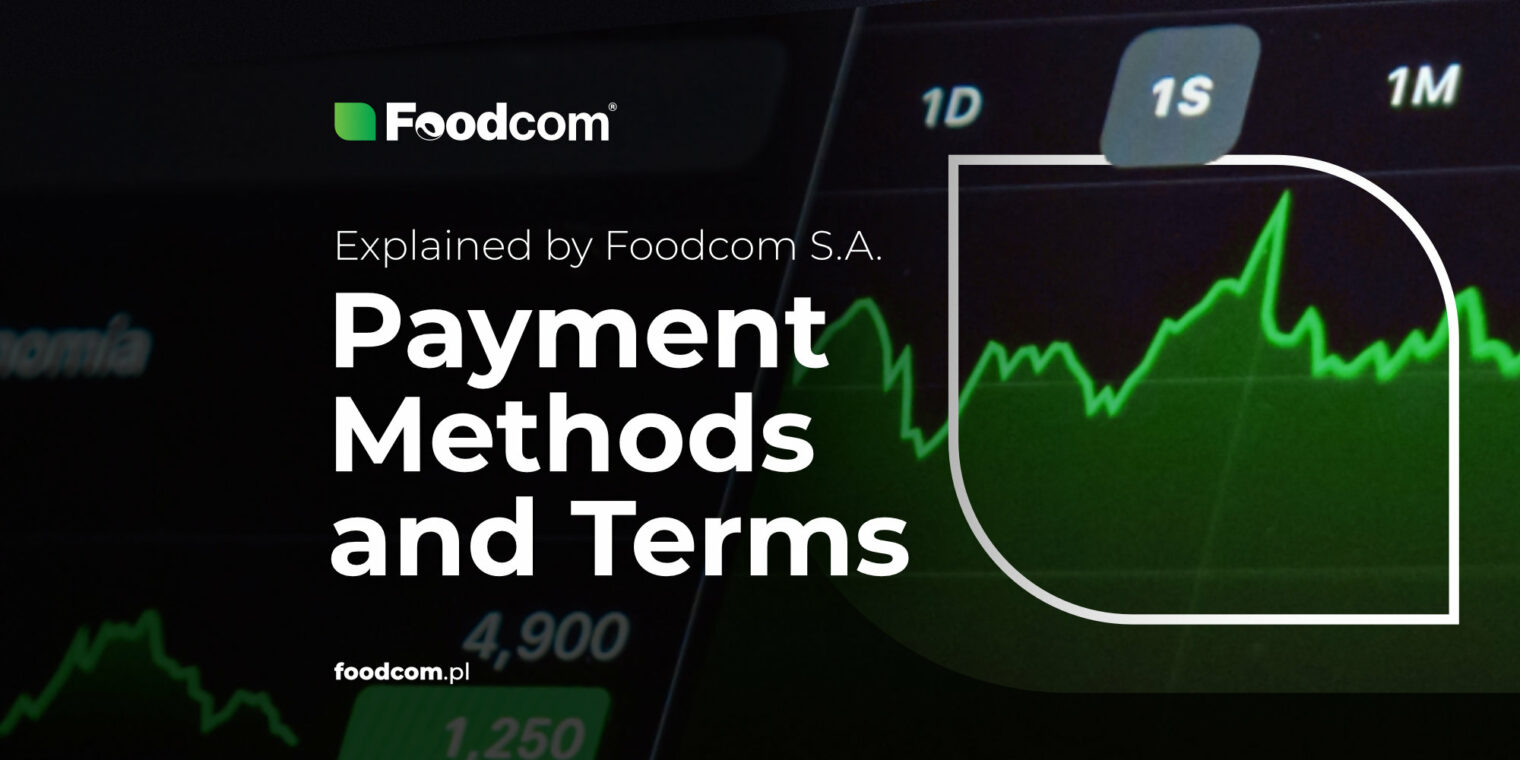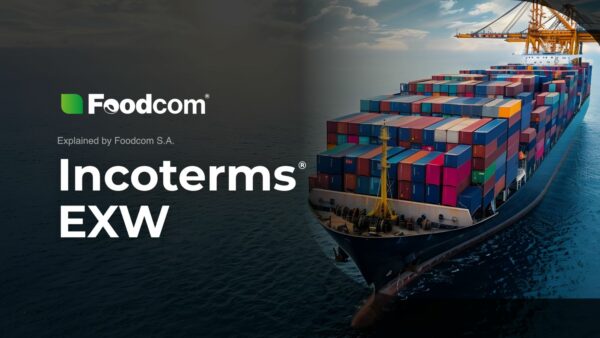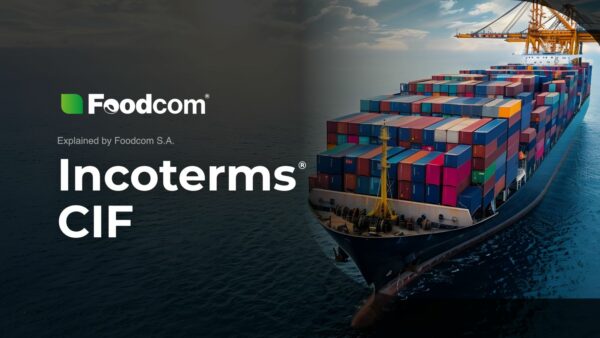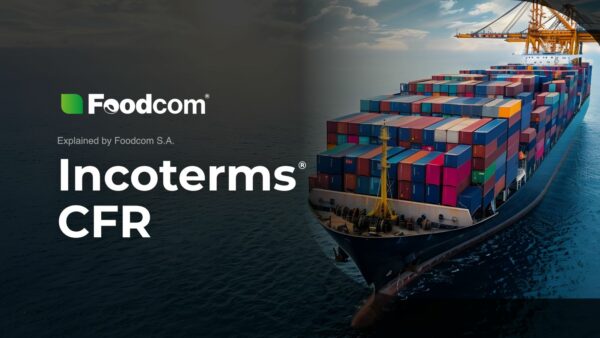You would like to work with Foodcom and you don’t know where to start? We have prepared a short guide for you, where you will learn the most important information about working with Foodcom. This time, we will take a closer look at finances. If you were wondering which payment method is best for your business, read our detailed summary of payment types and terms, and find out which model you should select.
B2B payments are made between two merchants for goods or services. Paper checks are still a common method businesses use to pay each other. Given the complexity of B2B payments, more and more companies are switching to digital payment tracking. Digital payment solutions speed up the issuance, receipt, and processing of payments, which can improve a company’s cash flow.
B2B payments are affected by a number of factors that do not affect consumer payments in the same way.
- Volume: Payments between merchants tend to be higher than payments between consumers.
- Frequency: Merchants are much more likely to enter into contracts that provide for regular, recurring transactions.
- Industry: Some industries have special payment requirements.
- People Involved: Many people are involved in each B2B transaction, including accounts receivable, accounts payable, billing, and procurement teams.
- Payment terms: B2B payment cycles typically last longer than in consumer payments.
Payment methods
With so many payment methods available on the market, it is difficult to say which one is best for B2B transactions. In most cases, companies offer multiple options to meet the needs of multiple customers.
CAD
Cash against documents (CAD financing) is a method in which an importer pays for goods before receiving them. To ensure both parties’ satisfaction with the transaction, a third party receives the shipping and ownership documents for the exported goods. Only after payment is completed are the goods transferred to the buyer – or importer. This situation is similar to real estate transactions, where an uninvolved party holds the money in escrow until the transfer of title to the home is complete. The exporter has a guarantee of payment for the goods delivered, and the importer can be assured of receiving the products purchased. This method eliminates problems in cross-border transactions.
The exporter prepares documents for shipment as soon as the buyer places the order. The company then forwards these documents to a financial institution that handles the transaction. The factor holds the documents until the shipment arrives, and the buyer pays for the goods. Once payment is received, the documents are transferred to the importer while the exporter receives the money. Even if a third party holds the shipping documents, the exporter retains ownership of the goods until the money is transferred. The importer can take ownership of the shipment only when he is in possession of the title and shipping documents.
Inkaso
It is a conditional form of payment. A collection agency (usually a bank) collects a specified amount of money on behalf of a principal and, in return, transfers a collection item to a specified entity on terms specified by the principal. The object of collection may be commercial documents (e.g., invoice, certificate of origin, transport documents, insurance documents, etc.) and financial documents (e.g., bill of exchange, check, payment slip, bank draft, share, bond). From the exporter’s point of view, the collection offers: a way to control the goods until the bill is paid or accepted and a possibility to discount the bill at the exporter’s bank. In case of importer, this method reduces the risk of not receiving the goods, by being able to make the payment upon arrival of the goods and obtain trade credit in the case of collection with deferred payment.
LC
Letters of credit are another secure instrument available to international merchants. An LC is a promise by a bank on behalf of the buyer that payment will be made to the exporter provided the conditions stated on the LC are met, as evidenced by the presentation of all required documents. The buyer establishes the credit and pays its bank for providing this service. An LC is useful when it is difficult to obtain reliable credit information on a foreign buyer, but the exporter is confident in the creditworthiness of the buyer’s foreign bank. An LC also protects the buyer, since the obligation to pay does not arise until the goods have been shipped as promised.
Payment terms
There are several options when it comes to payment terms. Most often, our partners expect payment for the goods close to the loading date, including advance payment, so that transactions run smoothly.
Are you interested in buying our products? The most common conditions are prepayment. We will adjust the terms of the deal so that everything remains transparent.
Trade with Foodcom S.A.
Do you have further questions about the financial part of the deals? Contact us! Our great team of Sales Support will help our Traders conduct the contract and business deals in a smooth and efficient way to ensure the best quality service to all our Business Partners. Our financial department will be responsible for all matters connected with the financial part of the deal. Along with the help from our sales support, in Foodcom we always try hardest to find a way to work under best terms with our clients to meet their expectations. Here, we will make every effort to find solutions to any problems that may occur on our way to mutually beneficial cooperation.








